Is Elon Musk’s Empire Vulnerable to His Critics, or Too Big to Fail? | Analysis
The Tesla mogul’s actions with the Trump administration have produced considerable anger, but few clear signs on how to push back The post Is Elon Musk’s Empire Vulnerable to His Critics, or Too Big to Fail? | Analysis appeared first on TheWrap.
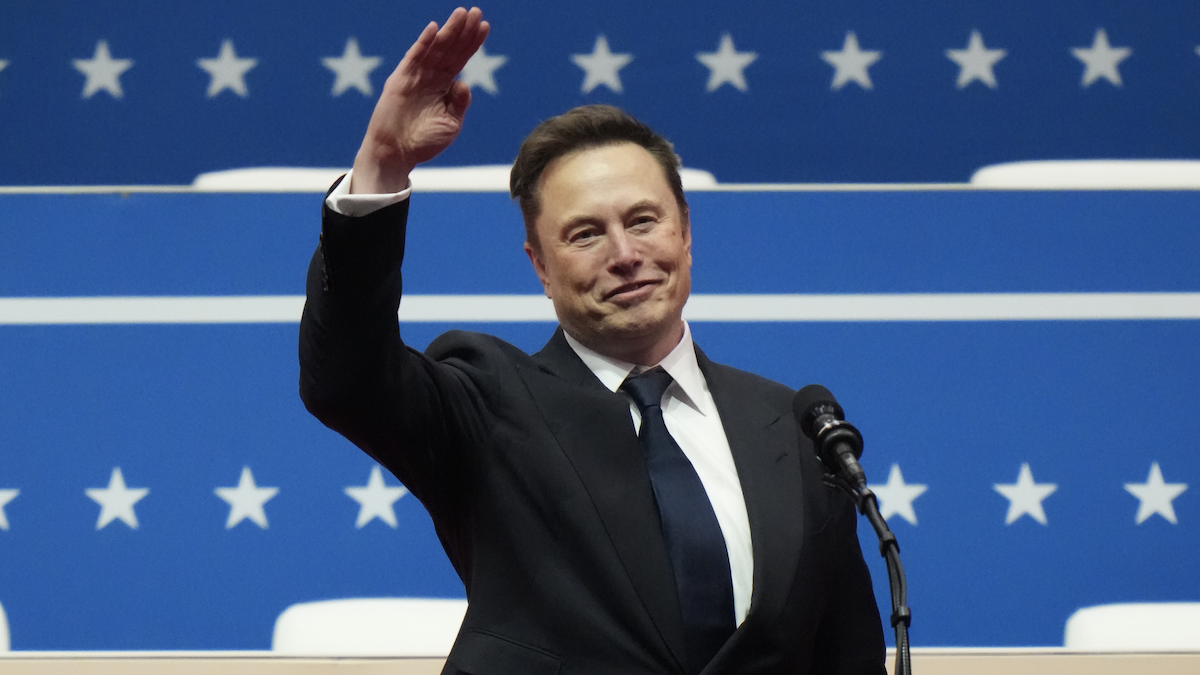
As political observers watch Elon Musk’s bull-in-a-china-shop maneuvering on behalf of the Trump administration with mounting alarm — and some sound warnings about his shadow presidency — an unnerving question begins to arise: Does the world’s richest man, now armed with levers of governmental power, have a point of professional vulnerability? Is there a soft underbelly or glass jaw for critics to exploit in his empire, other than the mogul’s own potential excesses?
While much has been written about the speed at which President Donald Trump has sought to remake the federal government, filling its ranks with loyalists and leaving institutions broken and reeling in his wake, Musk’s involvement as an unelected private citizen has to many been particularly disturbing, including his seemingly unbridled access to Treasury Department information.
Yet because of his business interests, his high-profile role in these efforts, under the guise of Trump’s Department of Governmental Efficiency, or DOGE, invites examination about whether political foes — both in the U.S. and abroad — can tangibly push back and make Musk, at least, pay a tangible price for his actions.
Musk’s wealth, estimated at more than $430 billion by the Bloomberg Billionaires Index, obviously gives him a vast margin for error, and the ability to absorb punitive responses. Yes, a shift among blue-state voters away from Tesla, the leading electric car, would impact his bottom line, yet that’s just the most significant part of a vast media and technology empire, which also includes X and SpaceX.
Still, Ross Gerber, president and CEO of the investment advisory firm Gerber Kawasaki, sees potential trouble ahead for Tesla, as well as Musk given the amount of his fortune tied up in electric-vehicle company’s performance.
As an investor in Tesla and frequent Musk critic, Gerber pointed to just-released sales figures showing a near-60% decline in new Tesla registrations in Germany, where Musk’s embrace of a far-right political party has unleashed considerable anger.
Indeed, the toxicity surrounding Musk — punctuated by debate over whether he gave what some saw as a Nazi salute during a speech on the day of Trump’s inauguration — reaches across the globe, fueled by his entry into politics in Europe as well as America.
“We’re seeing it in real numbers now. People vote with their pocketbooks,” Gerber told TheWrap, calling the numbers out of Germany a “massive decline.”
“You have to look at his empire in the sense that the only business he has that’s profitable is Tesla,” Gerber added.
Closer to home, Trump was forced to try clarifying the extent of Musk’s authority while speaking to reporters this week, saying, “Elon can’t do and won’t do anything without our approval.” Yet that has done little to calm those who see Musk’s reach, and the involvement of those around him, as an illegal exercise of power.
The public-relations fallout from Musk’s unprecedented role appears more difficult to measure. The mere mention of his name unleashed a torrent of boos from the audience on recent episodes of “The View” and “Late Show With Stephen Colbert,” with the latter’s host mocking him for blowing up the government “like a Tesla in self-driving mode.” Not to be outdone, “The Daily Show” dubbed him “white nationalist Tony Stark.”

Much like Trump, Musk has never exhibited much of a gift for laughing at himself, but any criticism coming his way is balanced by the praise he regularly garners from his enthusiastic fans. At public events, the mogul has appeared to bask in that adulation.
According to Gerber, the voices of derision won’t reach or influence Musk. “When you’re successful enough, you easily can surround yourself with people who love you for whatever you do,” he said.
The negative salvos are hardly confined to comedians. Several political analysts have stated that Musk’s actions, with Trump’s blessing, amount to a constitutional crisis. CNN’s Jake Tapper more soberly articulated such concerns by saying on his show, “We don’t know exactly what Elon Musk, the world’s richest man, is doing,” asking of his involvement with the treasury, “Why is he being given this access?”
Democratic members of Congress, while in the minority, want to know that too. On Wednesday, Rep. Gerry Connelly (D-Va.) moved to subpoena Musk to address his role at the House Oversight Committee, only to have Republicans, after a few contentious moments, block the motion without debate.
At the least, the misalignment of the environmentally conscious demographic known for buying Teslas and Musk’s politics appear to be flashing warning signs. “I don’t see the point of alienating potential customers,” Felipe Munoz, a senior analyst at auto researcher Jato Dynamics, told the AP, in a piece that cited the resilience of Tesla’s stock price despite reporting its first sales decline in more than a dozen years last month.
“Elon sells to consumers,” Gerber noted. “When you’re talking about your typical Tesla consumer, it’s actually the opposite of a Trump supporter.”
To the extent Trump is insulated by the powers and privileges that come with the presidency, Musk’s ill-defined role potentially leaves him more exposed.
But does that dynamic have the ability to rein him in? After all, a slightly-less-wealthy Elon Musk will still be obscenely rich, and almost no amount of missteps or misbehavior is apt to change that.
Given that, can he be made to feel some of the pain, in return, that critics say his actions have inflicted on those working in and reliant upon the U.S. government? Or is he, to borrow a banking term, too big to fail?
Whatever the answer, both Musk, and his critics, will almost surely put those questions to the test.
The post Is Elon Musk’s Empire Vulnerable to His Critics, or Too Big to Fail? | Analysis appeared first on TheWrap.


















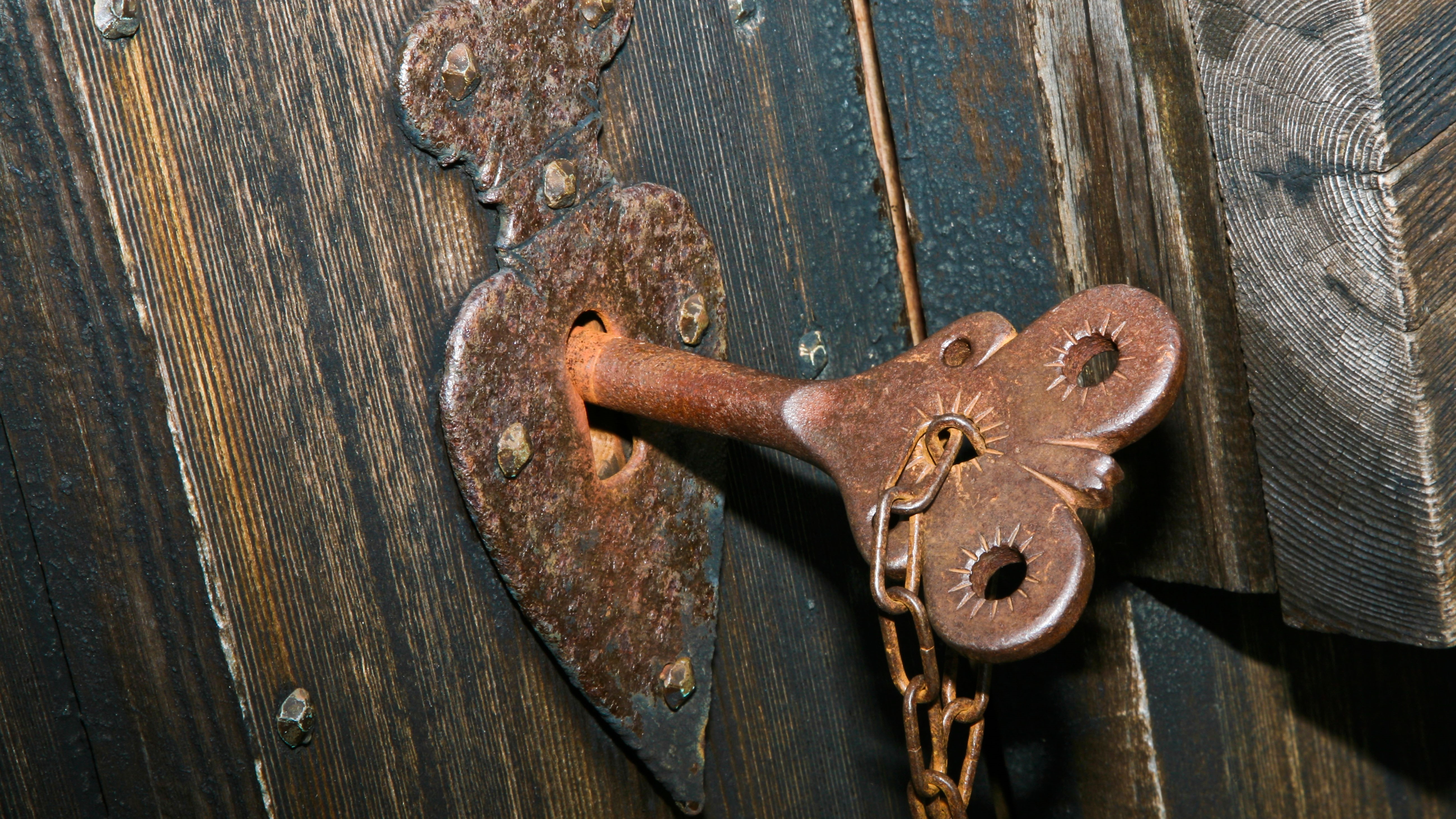

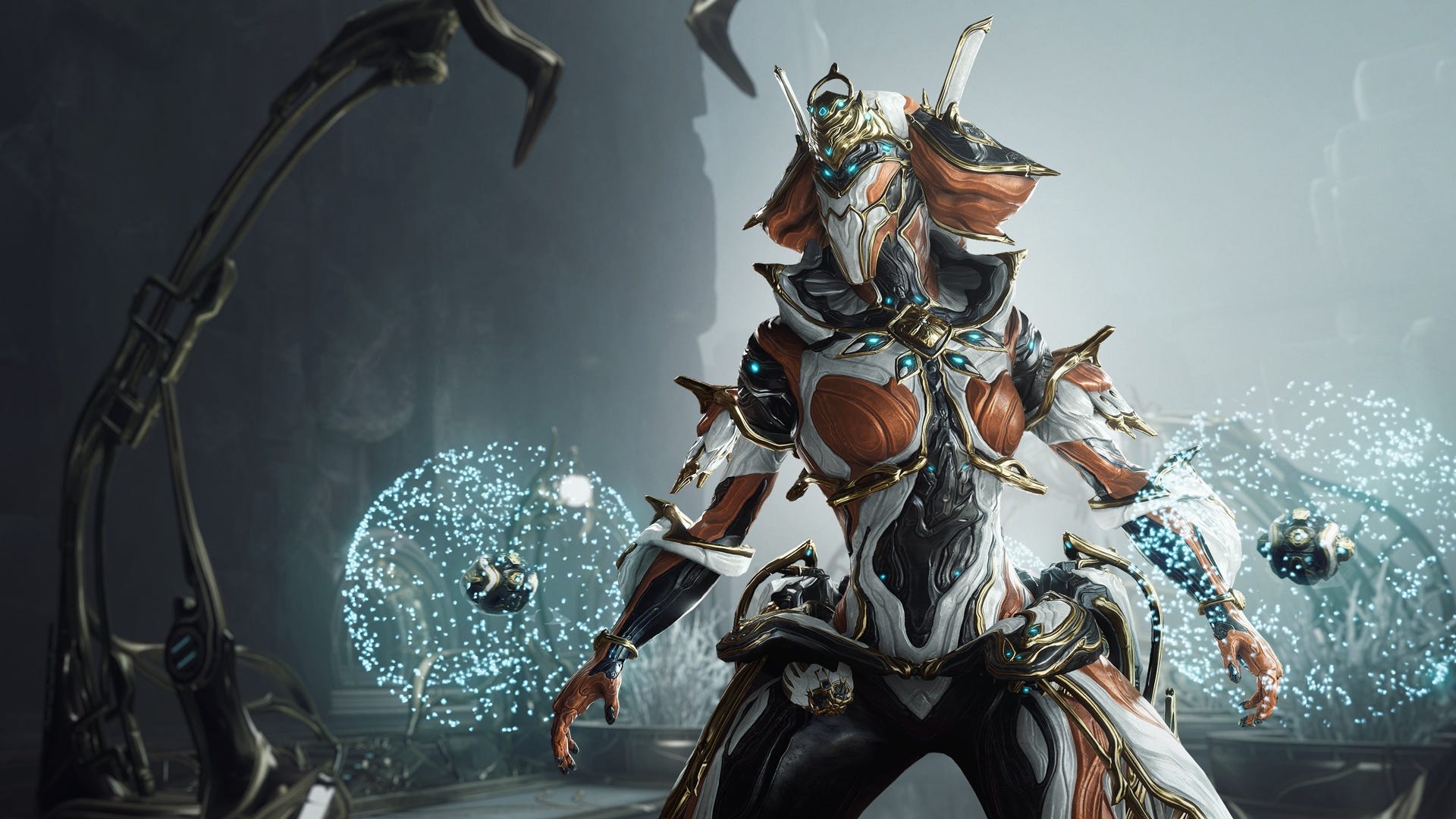
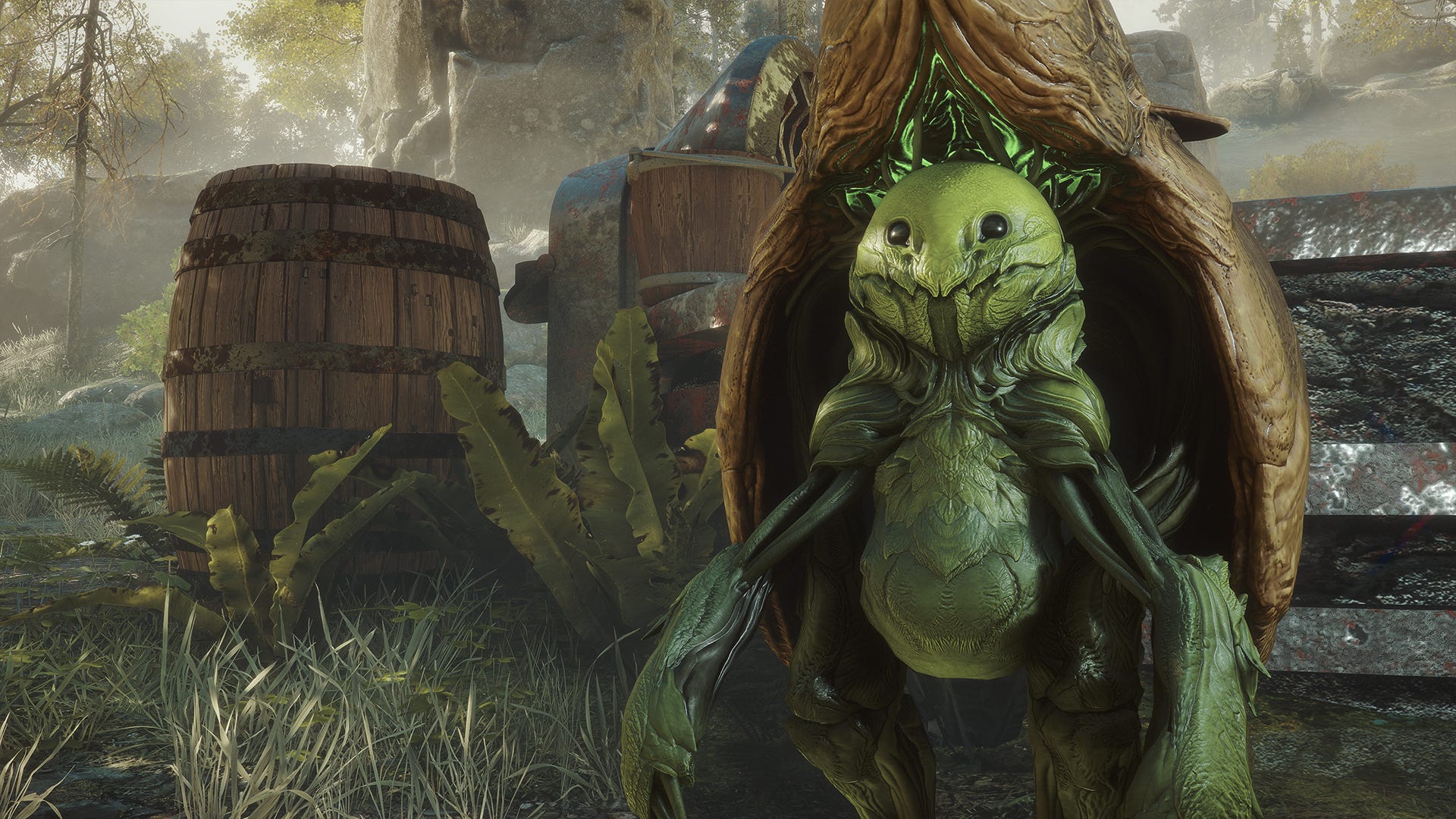
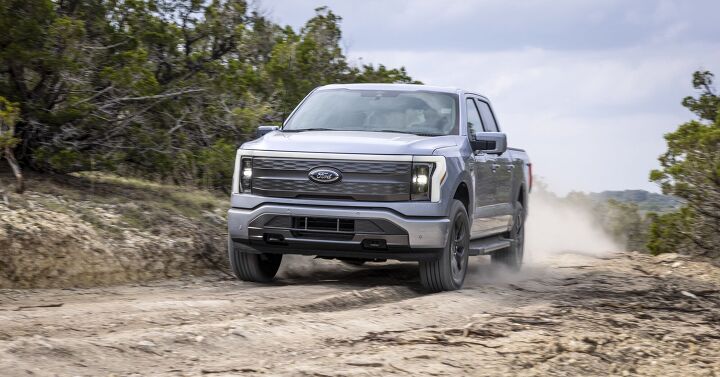


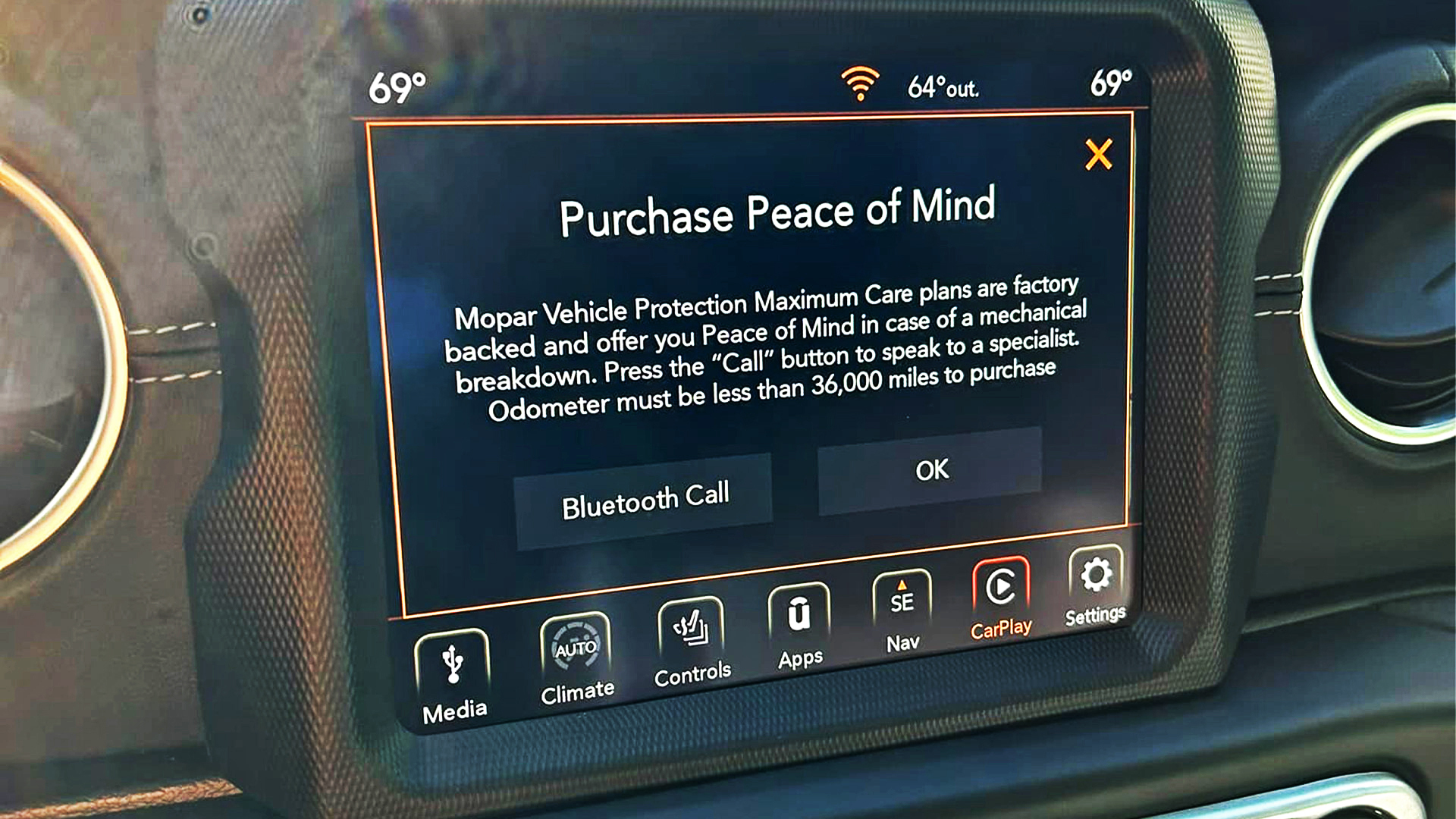

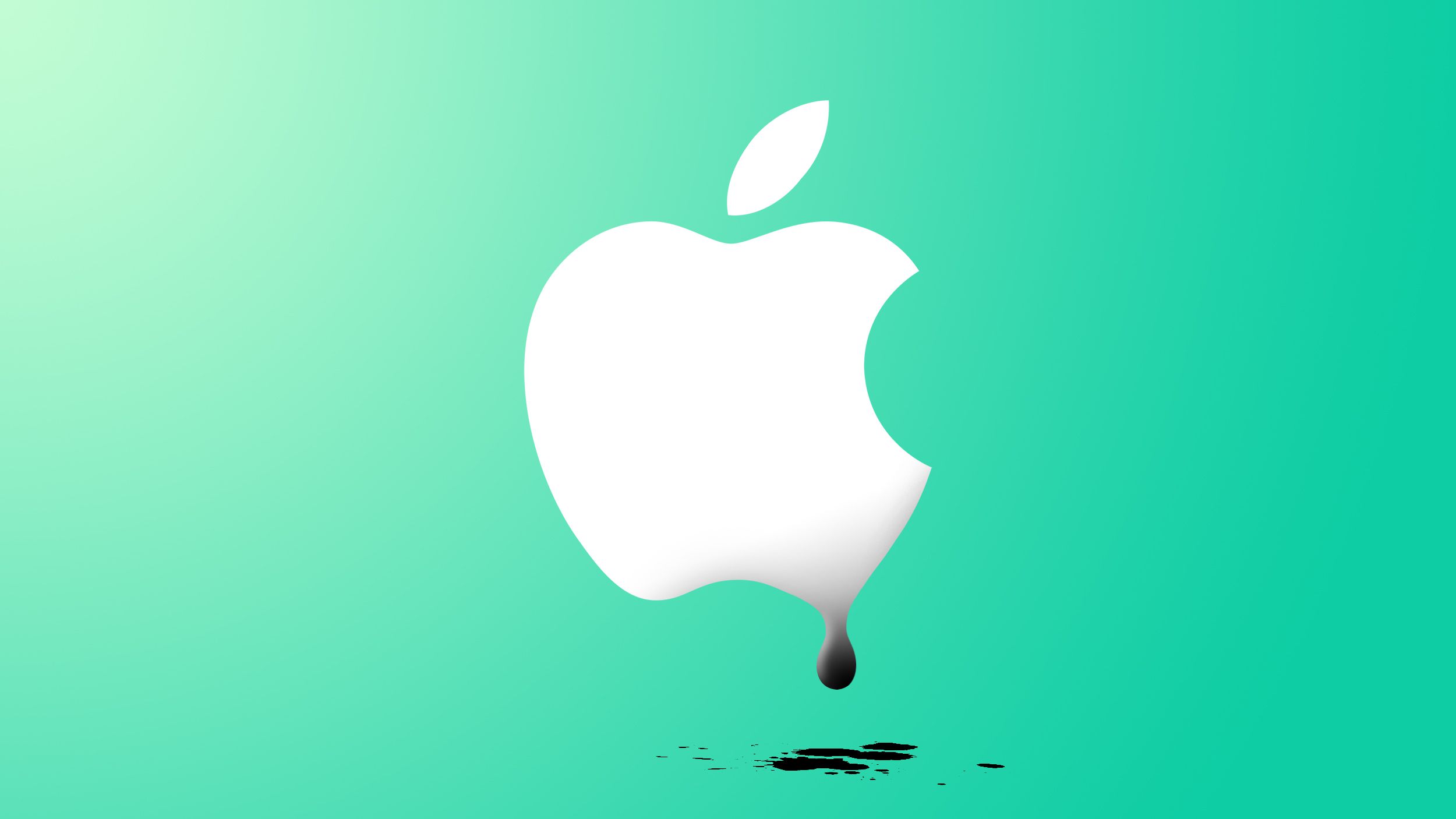





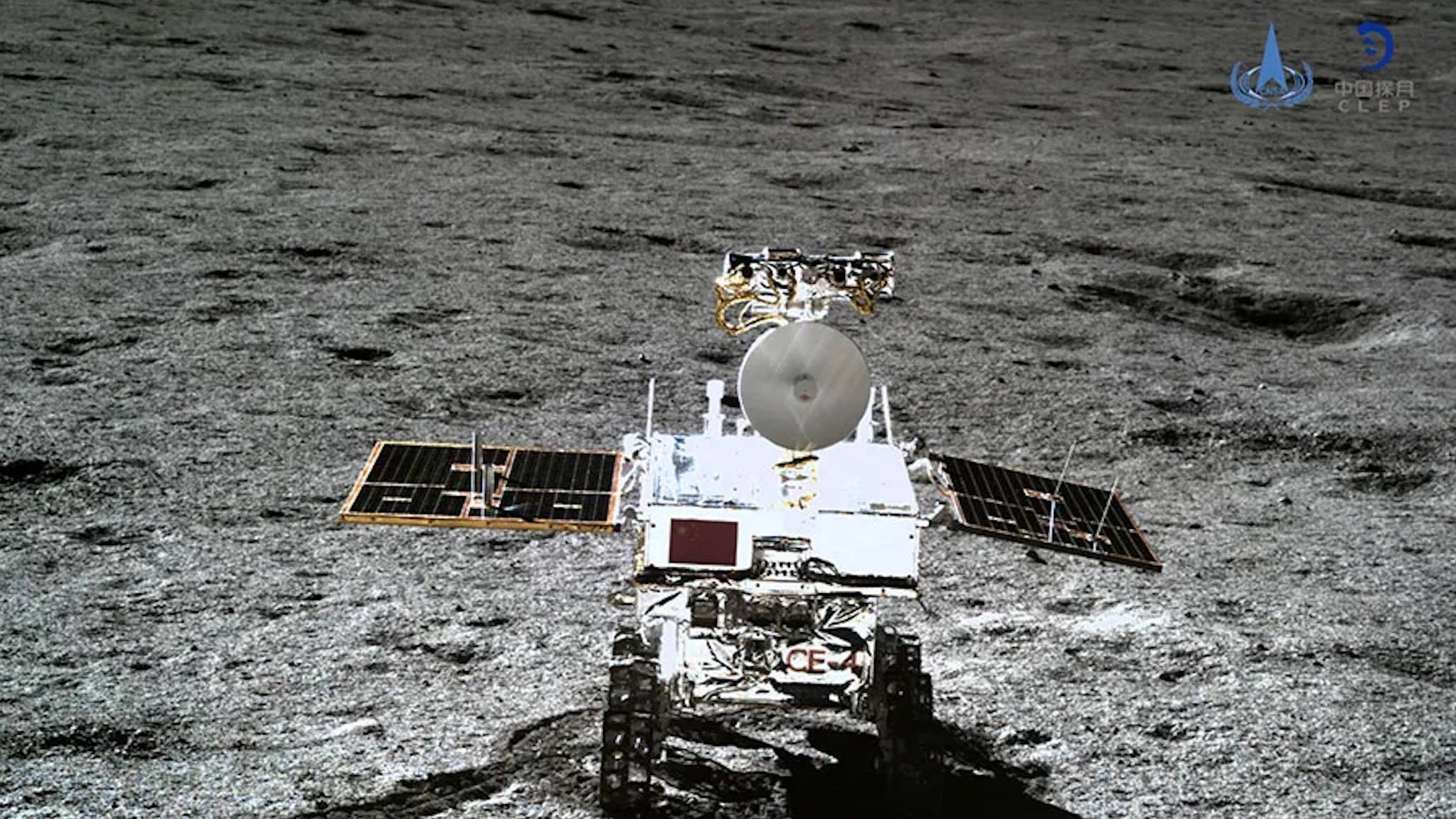

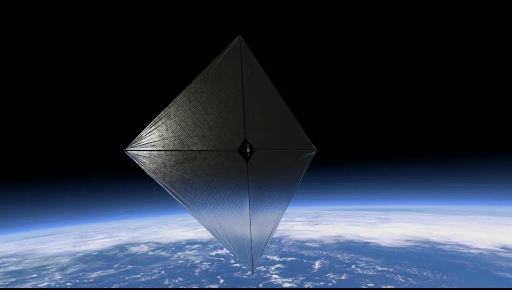



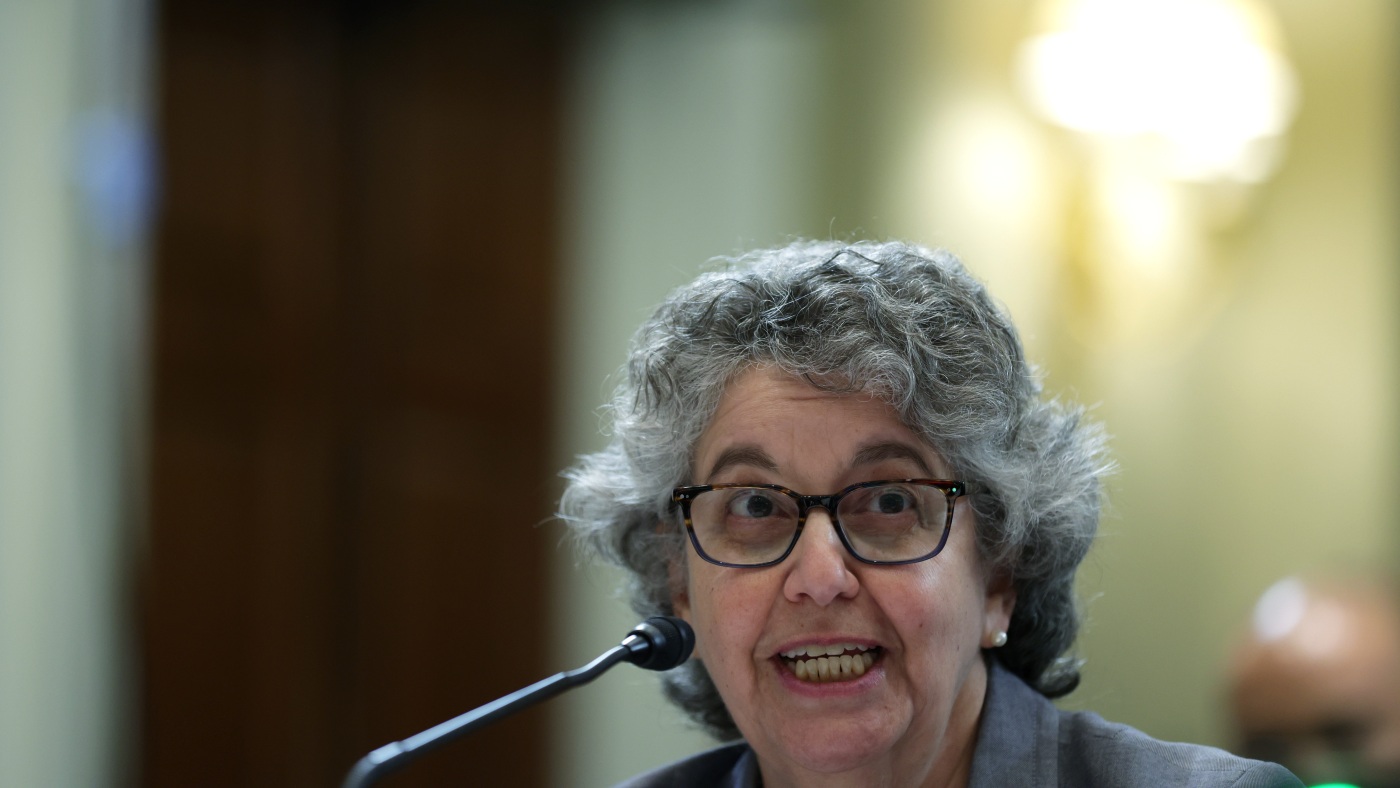
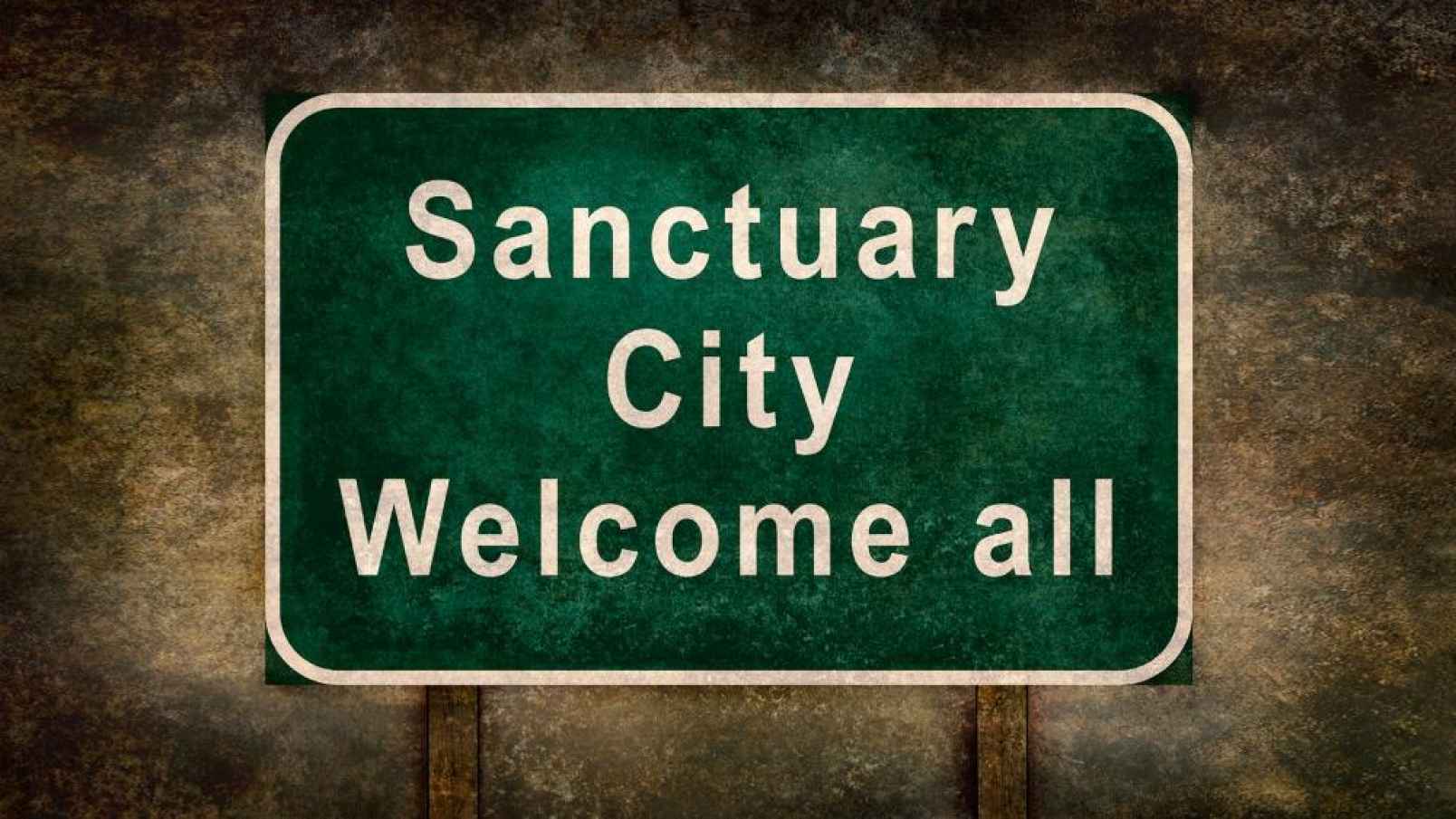
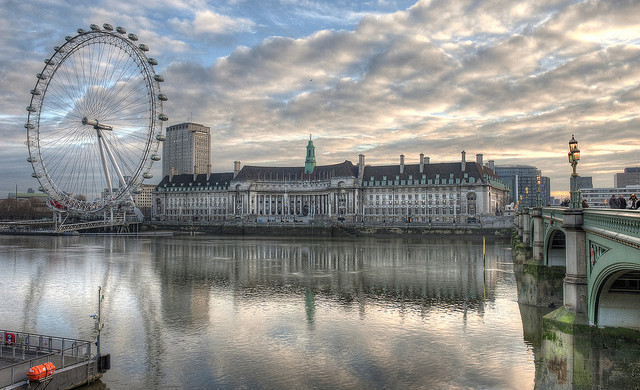












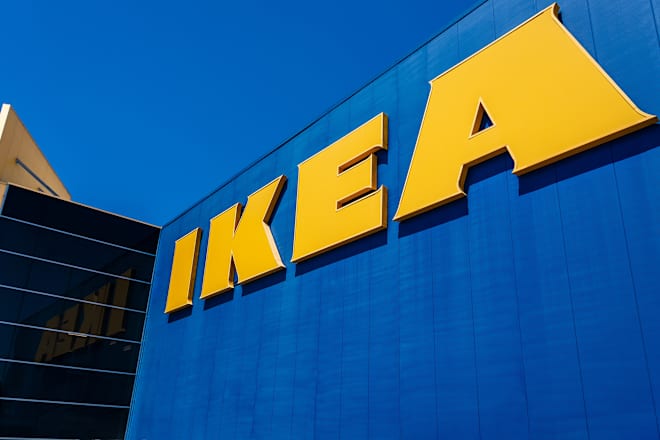





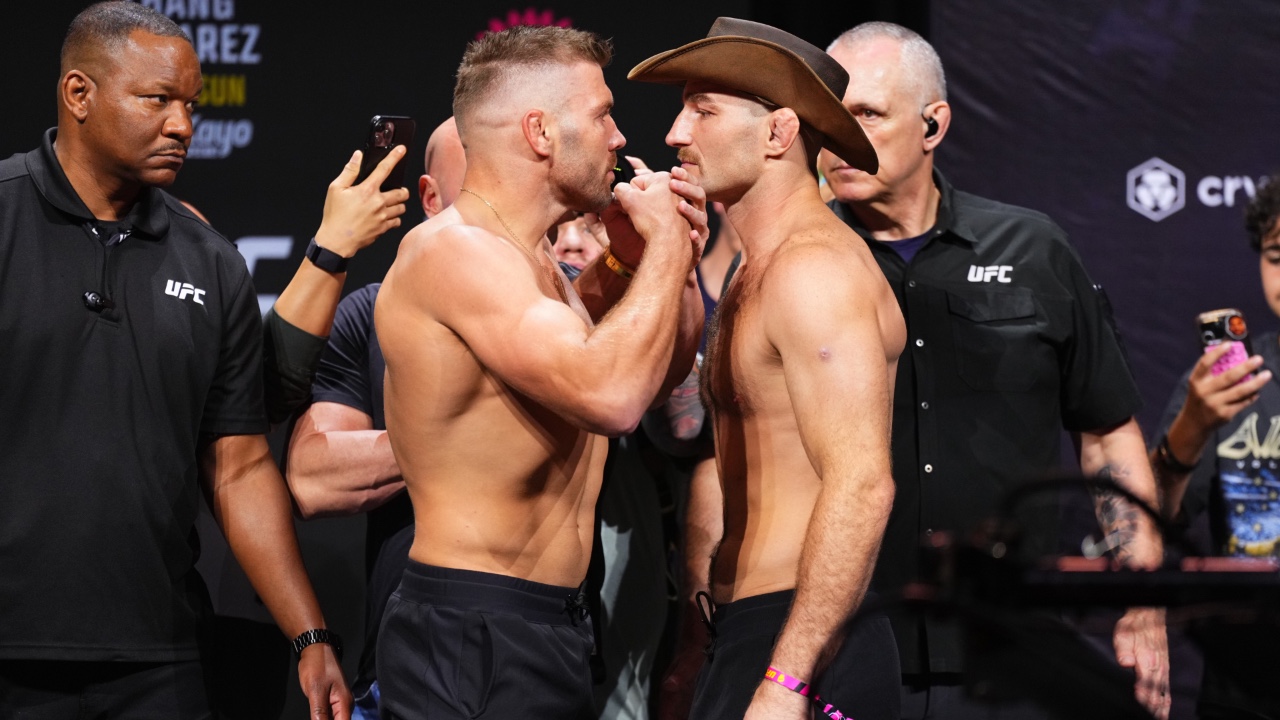






![‘Sorry, Baby’ Review: Eva Victor Confronts Sexual Assault From A Different Perspective [Sundance]](https://cdn.theplaylist.net/wp-content/uploads/2025/01/17024252/EvaVictorSorryBaby.jpg)






